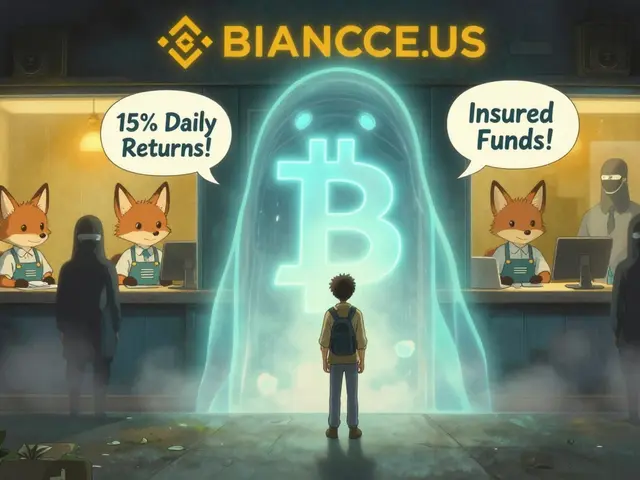SEC Regulation: What It Means for Crypto, Stocks, and You
When you hear SEC regulation, the set of rules enforced by the U.S. Securities and Exchange Commission to protect investors and maintain fair markets. Also known as securities law, it's not just about Wall Street—it’s the invisible hand deciding whether a new crypto token is a gamble or a security. If you’ve bought Ethereum, traded on Binance, or even joined a DeFi yield farm, SEC regulation has already touched your portfolio. The agency doesn’t issue press releases with big red flags—it files lawsuits, sends subpoenas, and quietly adds tokens to its enforcement list. And if you’re wondering why some coins vanish from U.S. exchanges, that’s SEC regulation in action.
It’s not just about Bitcoin or Ethereum. The SEC treats most tokens as cryptocurrency regulation, the application of existing securities laws to digital assets. Also known as crypto securities, this approach means if a token promises profits based on someone else’s effort—like a team building a blockchain—it’s likely a security. That’s why projects like Solana-based micro-cap tokens or new DeFi protocols get flagged. The SEC doesn’t care if it’s called a "utility token"—if it acts like a stock, it gets treated like one. And with over 15 major crypto enforcement actions since 2023, this isn’t theoretical. It’s happening right now. Meanwhile, SEC enforcement, the legal actions taken by the SEC to punish violations of securities laws. Also known as regulatory crackdowns, it’s not just about fines—it’s about forcing platforms to delist tokens, freeze user accounts, or shut down entire operations. Look at how Binance and Coinbase were hit with massive penalties. That’s SEC enforcement turning market uncertainty into legal risk. Even if you’re not trading on a U.S. exchange, if you’re using a platform that serves U.S. users, you’re still under its shadow. The SEC doesn’t need to be in your country—it just needs to find a U.S. customer.
What does this mean for you? If you’re holding a token that’s not Bitcoin or Ethereum, ask yourself: Is this backed by a team promising returns? Is it listed on a major exchange? If yes, you’re already in the crosshairs of SEC regulation. The posts below cover real cases: how Iran uses crypto to dodge sanctions, how the EU’s MiCA rules compare to the SEC’s approach, and why platforms like WardenSwap or BB EXCHANGE get flagged for lacking transparency. You’ll find breakdowns of tokens that got pulled, exchanges that got sued, and how to spot a token that’s one lawsuit away from disappearing. This isn’t theory. It’s survival.
29
How Courts Are Treating Crypto Assets: Property, Securities, and Jurisdictional Battles in 2025
Courts around the world are deciding whether crypto is property, a security, or something new. Australia recognizes it as property. U.S. courts focus on exchange type and securities law. Jurisdictional battles and SEC pressure are shaping the future.
Latest Posts
Popular Posts
Tags
- decentralized exchange
- crypto exchange
- crypto exchange review
- cryptocurrency
- crypto airdrop 2025
- CoinMarketCap airdrop
- blockchain
- meme cryptocurrency
- GENIUS Act
- cryptocurrency compliance
- crypto airdrop
- meme coin
- crypto trading
- fake crypto exchange
- Solana meme coin
- cryptocurrency valuation
- Binance Smart Chain
- underground crypto Nepal
- crypto airdrop guide
- crypto staking




